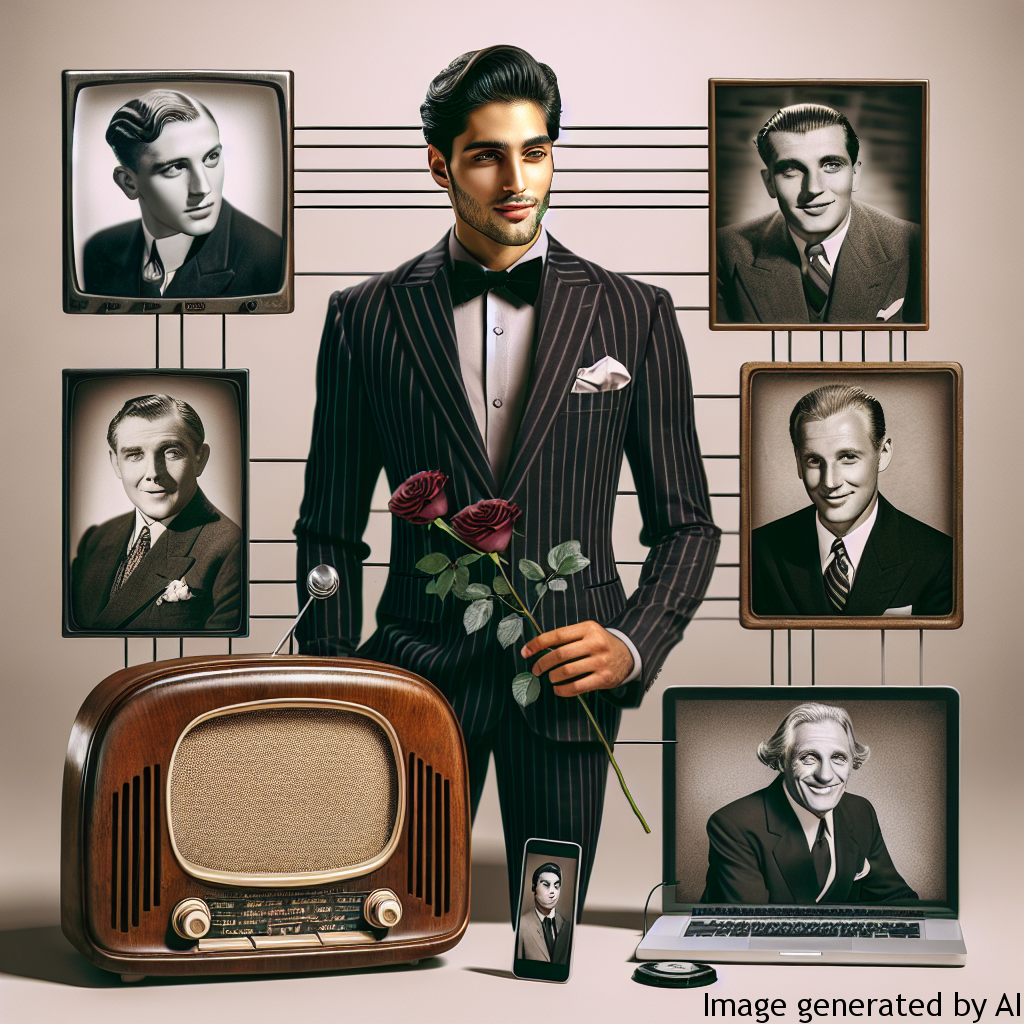Introduction
The representation of gender roles, particularly masculinity, in the media plays a substantial part in shaping societal perceptions. One of the archetype portrayed in movies and literature is the image of a Casanova- a man who is charming, charismatic, and cynosure for women. The media portrays such characters as an epitome of masculinity, entailing the impression that all men should adhere to such a standard. This article investigates the role of the media in shaping the image of such Casanova characters and discusses its effect on the psychological health of men.
The Gender Expectations and Their Impact on Men’s Psychological Health
Gender Expectations
Gender expectations underscore societal norms that assert how men and women should behave. Media, a central socializing agent, create and propagate stereotypes that morph into gender expectations. The image of a Casanova man exemplifies these stereotypes. This archetype tells men they must exude charisma, maintain an appealing physical appearance, and have an innate ability to attract women. Such stereotypes are not only generalized and limiting, but they also pose significant restrictions on men’s conduct.
Impact on Men’s Psychological Health
The pressure to conform to the Casanova image can lead to numerous psychological issues among men. Struggling to live up to these standards can lead to a lack of self-esteem, stress, anxiety, depression, and, on occasion even suicidal tendencies. Men may feel inadequate, less manly or unsuccessful if they do not match up to this ideal.
Examples of How Gender Roles Can Impact Men’s Lives
The media exposure of the Casanova image pushes men to mimic such a persona, leading them into a perpetuating cycle of self-doubt and self-validation. Being unable to maintain the charm and allure that a Casanova exemplifies can cause feelings of inadequacy. In relationships, men may strive to be the suave seducer, disregarding genuine feelings and emotional intimacy. This can strain relationships and lead to miscommunication and misunderstanding, causing emotional distress.
Tips to Improve Psychological Health Considering Gender Roles
Men need to understand the difference between media representations and reality. It is essential to recognize the downsides of internalizing these media clichés and to seek help when depression or anxiety ensues.
Building self-esteem outside of societal expectations and focusing on personal growth is also critical. Self-acceptance and embracing individuality, regardless of media stereotyping, are steps towards improved psychological health. Lastly, maintaining open communication about these pressures with trusted ones can facilitate better understanding and support.
Conclusion
The media plays an important, yet often detrimental, role in perpetrating the Casanova image, which ultimately affects men’s psychological health. Encouraging a shift in the portrayal of masculinity in the media is crucial to eliminate this damaging stereotype. It is important to propagate a message that recognizes and appreciates diverse expressions of masculinity, contributing to healthier and more realistic attitudes in society.

